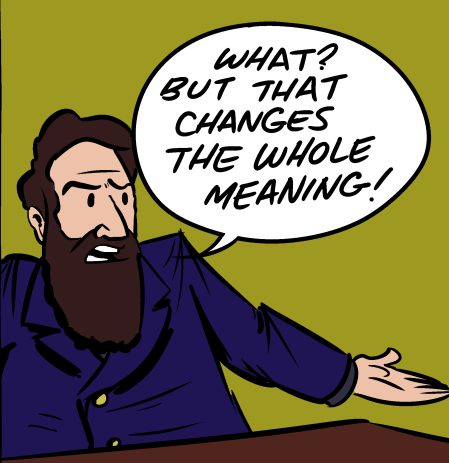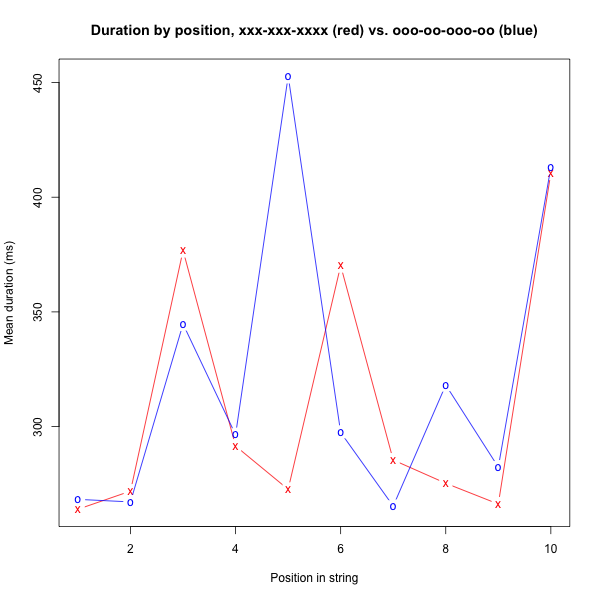Did Stalin really coin "American exceptionalism"?
The phrase "American exceptionalism" has been much in the news ever since Russian President Vladimir Putin wrote an op/ed piece in the New York Times taking issue with President Obama's statement that America's foreign policy "makes us exceptional." "I would rather disagree with a case he made on American exceptionalism," Putin countered. "It is extremely dangerous to encourage people to see themselves as exceptional, whatever the motivation."
Putin's comments revived an old discussion about the origins of the phrase. On Talking Points Memo, Josh Marshall addressed an article by Terrence McCoy that appeared last year on The Atlantic's website, "How Joseph Stalin Invented 'American Exceptionalism.'" And on Real Clear Politics, Robert Samuelson wrote that "the most interesting fact to surface in the ensuing debate over "American exceptionalism" is that the phrase was first coined by Putin's long-ago predecessor, Joseph Stalin." But should Stalin get the credit?
Read the rest of this entry »





